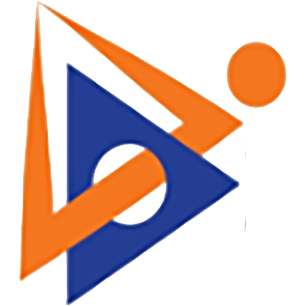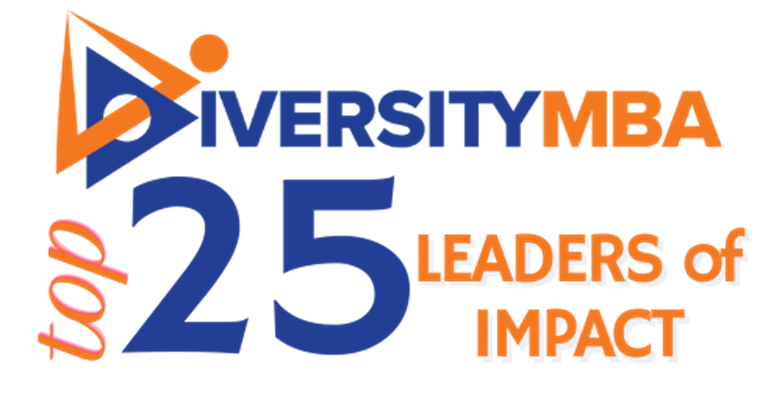As the nation’s unemployment rate nears the lowest point in 50 years, sinking in May to 3.8 percent, companies are searching more widely to fill vacancies. Advocates say the labor shortage, coupled with growing openness to workers with mental and physical limitations, has brought record numbers of people with disabilities into the workforce — and it has also pushed employers to adopt more inclusive practices to support the new hires, such as longer and more hands-on training. In fact, over the past year, the jobless rate for workers with disabilities has fallen at a faster rate than among the general population, dropping 2.7 percentage points, from 9.5 percent to 7 percent.
A leader in the field of disability and rehabilitation—Kessler Foundation—has just revealed a newWhite Paper identifying five elements of success across a range of programs aimed at increasing employment for people with disabilities in the U.S. Since 2004, Kessler Foundation has awarded more than $14.7 million dollars in Signature Employment Grants—the Foundation’s largest grants—to launch pilot initiatives, demonstration projects, or social ventures that lead to increased employment among people with disabilities.
Examples of the factors that contribute to the success of selected Signature grantees include: a focus on changing attitudes about people with disabilities and their ability to work, a person-centered approach, technological platforms or model documentation, strong community partnerships, and wraparound services.
If you would like to learn more about the programs that are helping to increase the employment of people with disabilities in the U.S., or would like to speak with a program participant or Elaine E. Katz, senior vice president of communications and grants at Kessler Foundation, please let me know. I would be happy to send additional information/assets, and/or connect you with a program participant or Mrs. Katz for interview/commentary.
White Paper Highlights Kessler Foundation’s National Disability Employment Initiatives
The paper summarizes best practices across a range of projects supported by Kessler Foundation’s Signature Employment Grant program.
East Hanover, NJ – July 4, 2018 – Kessler Foundation has issued a white paper summarizing the outcomes of diverse initiatives supported under its Signature Employment Grant (SEG) program. Titled “Employing People with Disabilities: Lessons Learned from the Kessler Foundation Signature Employment Grants,” the paper is based on the independent evaluations of more than 20 Signature Employment Grants by experts at the John J. Heldrich Center for Workforce Development at Rutgers University.
Since 2004, Kessler Foundation has provided more than $41.5 million to support initiatives that create or expand opportunities for people with disabilities. This paper identifies five best practices across a range of SEG projects, providing close look at how the important work done by Kessler Foundation grantees contributes to our understanding of best practices in disability employment.
“People with disabilities experience longstanding barriers to employment, as evidenced by lower employment rates, fewer hours worked, and lower wages compared to people without disabilities,” remarked Elaine E. Katz, MS, CCC-SLP, senior vice president of communications and grants at Kessler Foundation. “Underlying these employment outcomes are persistent challenges such as negative social norms and the potential loss of critical healthcare and federal benefits once employment is found. In our new white paper, five elements were identified as factors in the success of employment programs for people with disabilities. These lessons learned are important considerations for all who work towards achieving truly inclusive workplaces.”
The paper details illustrative examples of the contributions of these elements to the success of selected Signature grantees, namely, a focus on changing attitudes about people with disabilities and their ability to work, a person-centered approach, technological platforms or model documentation, strong community partnerships, and wraparound services. The markers for success were increased employment of people with disabilities, employer and program participant satisfaction, and model replicability.
To learn more about the Kessler Foundation white paper, “Employing People with Disabilities: Lessons Learned from the Kessler Foundation Signature Employment Grants, please visit our website.
About the Heldrich Center
The John J. Heldrich Center for Workforce Development at Rutgers University is a university-based organization devoted to transforming the workforce development system at the local, state, and federal levels. The center, located within the Edward J. Bloustein School of Planning and Public Policy, provides an independent source of analysis for reform and innovation in policy-making and employs cutting-edge research and evaluation methods to identify best practices in workforce development, education, and employment policy. It is also engaged in significant partnerships with the private sector, workforce organizations, and educational institutions to design effective education and training programs. It is also deeply committed to assisting job seekers and workers attain the information, education, and skills training they need to move up the economic ladder.
As captured in its slogan, “Solutions at Work,” the Heldrich Center is guided by a commitment to translate the strongest research and analysis into practices and programs that companies, community-based organizations, philanthropy, and government officials can use to strengthen their workforce and workforce readiness programs, create jobs, and remain competitive. The center’s work strives to build an efficient labor market that matches workers’ skills and knowledge with the evolving demands of employers.
Learn more: www.heldrich.rutgers.edu









